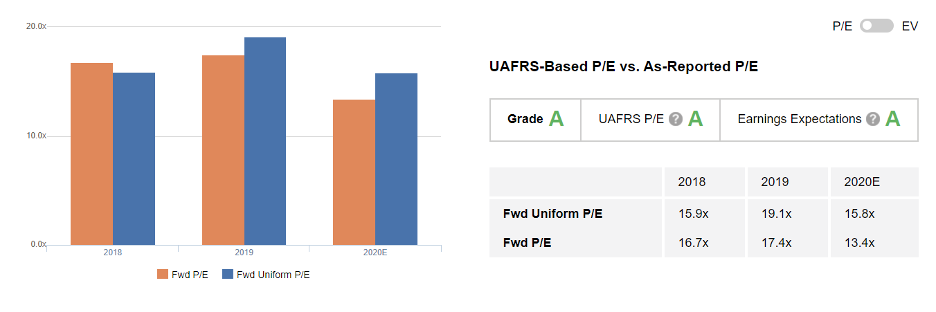 We've all likely heard it at some point: 'Mind over matter.'
We've all likely heard it at some point: 'Mind over matter.'
Folks use this phrase about the mind's supposed strength over the body so much that it has become a cliché. It applies to many situations, but people often say it to inspire those who are ill.
Think of the "placebo effect" – the idea that the brain can convince the body a treatment really works.
In multiple clinical trials, researchers have shown the placebo effect is real. They discovered that patients who took a placebo pill saw results that were 50% as effective as those brought about by prescribed medication.
These patients had better outcomes than those who took nothing at all. Plus, they were aware that they were taking something that wasn't meant to alter their health.
Researchers hypothesized that patients who just believed they were doing something to get better experienced improved outcomes. Just the act of taking the pill tricked the brain into thinking the body was healing.
If someone believes a treatment will work, it will be more likely to work. It doesn't matter if the treatment does nothing to help the body. On the other hand, if the same person doesn't believe the treatment will work, it will likely be less effective. It doesn't matter if it's the perfect treatment for the disease.
This isn't a widely dismissed pseudo-medical treatment, either. My father was an oncologist for 40 years, and he would regularly observe the power of positive thinking.
Those who kept a positive attitude and believed that they were going to get better consistently did better than patients with the exact same symptoms and a more pessimistic attitude.
 To be clear, the placebo effect isn't a fix-all. Real medicine is important...
To be clear, the placebo effect isn't a fix-all. Real medicine is important...
Real treatment can get to the root cause of illnesses – attacking a tumor, bacteria, or virus... or helping the body do things it isn't doing correctly.
This is one reason why big pharmaceutical companies like Merck (MRK) tend to generate so much cash flow.
The development and U.S. Food and Drug Administration ("FDA") approval of Merck's cancer treatment Keytruda has been a big driver of the company's recent success. The drug treats several types of cancers – including of the skin, lung, and liver.
Additionally, Merck has many other successful and widely used treatments in its portfolio.
 Looking at our Altimeter tool, we can see how these treatments have driven Merck to see sizable improvements in profitability...
Looking at our Altimeter tool, we can see how these treatments have driven Merck to see sizable improvements in profitability...
The company's Uniform return on assets ("ROA") has risen from 11% in 2018 to a robust 14% in 2019.
Even with these long-term tailwinds from a strong drug portfolio, the coronavirus pandemic is causing Merck to face some challenges in the near term. With folks deferring elective procedures, this has led to many of Merck's treatments seeing decreased use. As a result, the company's Uniform ROA is forecasted to decline slightly for 2020.
But due to its recent impressive profitability improvements, Merck still gets a "C" Performance grade in The Altimeter. And looking beyond 2020 into 2021, that grade is likely to improve... with hopefully the worst of the pandemic shutdowns behind us.
 However, The Altimeter shows that this could be an opportunity for investors...
However, The Altimeter shows that this could be an opportunity for investors...
Due to the short-term struggles, the market doesn't fully understand Merck's strength. Even with its strong lineup of drug treatments and pipeline of new potential products, the company trades for an affordable valuation. Its Uniform price-to-earnings (P/E) ratio is roughly 16... which is still cheap. And expectations for earnings growth are below what the company is forecasted to see.
As such, The Altimeter gives Merck an "A" Valuations grade.
Thanks to The Altimeter, we can get a better picture of the upside potential for companies like Merck. With a focus on cancer treatments, it becomes clear how this company can see great profitability going forward... and the market doesn't fully realize it yet.
Regards,
Rob Spivey
January 21, 2021



 We've all likely heard it at some point: 'Mind over matter.'
We've all likely heard it at some point: 'Mind over matter.' 



